Whose Responsibility is That?
Can you remember the arguments you had when you were first married? After the glow of the honeymoon wore off you had certain unspoken expectations, some of which you probably were unaware that you had. Your spouse also had certain unspoken expectations, some of which they were unsure they had. When your unspoken expectations met your spouse’s unspoken expectations what happened? I think the phrase “the honeymoon is over” was initiated due to a husband’s unspoken expectations colliding with a wife’s unspoken expectations.
Most of these types of disagreements have a lot to do with responsibilities. Agreed upon responsibilities lead to healthy expectations. Whose responsibility is it to cook the meals? Change the oil in the car? Do the dishes? Mow the lawn? Wash the laundry? Speaking out about responsibilities before an argument is healthy in marriage but it is also healthy in church life as well as in our relationship with God. I want to use this space this month to give you a chance to consider what you believe are your responsibilities when it comes to following God. Many pastors today are tired as COVID wears on because they are taking on too many responsibilities, while others are spinning their wheels because they aren’t able to articulate what they are actually responsible for while leading a flock during a pandemic. How do you decide what you are responsible for as a leader?
Dallas Willard provides an amazing definition for responsibility that I would like you to consider. “The degree to which you are responsible is the degree to which you have the ability to respond,” Willard says. When you have more capacity to affect change or to direct a situation you have a greater responsibility because you have a greater opportunity to respond. When you have less capacity to affect change or to direct a situation you have a lesser responsibility because you have less of an opportunity to respond. This framework can help you to create responsibilities with healthy expectations.
When I was a church planter in St. Paul this definition proved incredibly useful for me. The needs in the area around our church and in our neighborhood were greater than my capacity to respond. I couldn’t fix the school system, the drug problems, the unemployment rates, the animosity between people and police, start a disciplemaking movement, save some souls and then finish the day by fixing racism and systemic poverty. The holistic needs, physical and spiritual and emotional and relational, were just too many and even if I never slept I did not have the capacity to change all of those things. But each day I was given opportunities to address parts of each of these issues. I was given God-ordained moments that I was responsible for, and I should be held into account whether I stepped into those or not, because being faithful in each instance is what I am responsible for.
So as you consider your life in this season it might be helpful to recognize what you are not responsible for because you cannot change certain things. The degree to which you can stop the spread of COVID in your community is minimal, yet you are responsible for how your people gather together at church-sponsored events. Angry mean-spirited posts on social media and spreading conspiracy theories from people in your church is not something you can be held responsible for, but you are responsible to teach people how to show love in every sphere of life including social media and you are responsible for what you yourself choose to post. This process of looking at each situation and taking responsibility for what you are called to do and able to do can help you through a difficult season like we are in because it frees you from the weight of carrying things you cannot adequately change. And for all of those things we can trust that we serve a God that loves to take our best efforts and multiply them for the expansion of His Kingdom.
Kyle Magstadt
Associate Superintendent for Church Multiplication
North Central District of The C&MA

